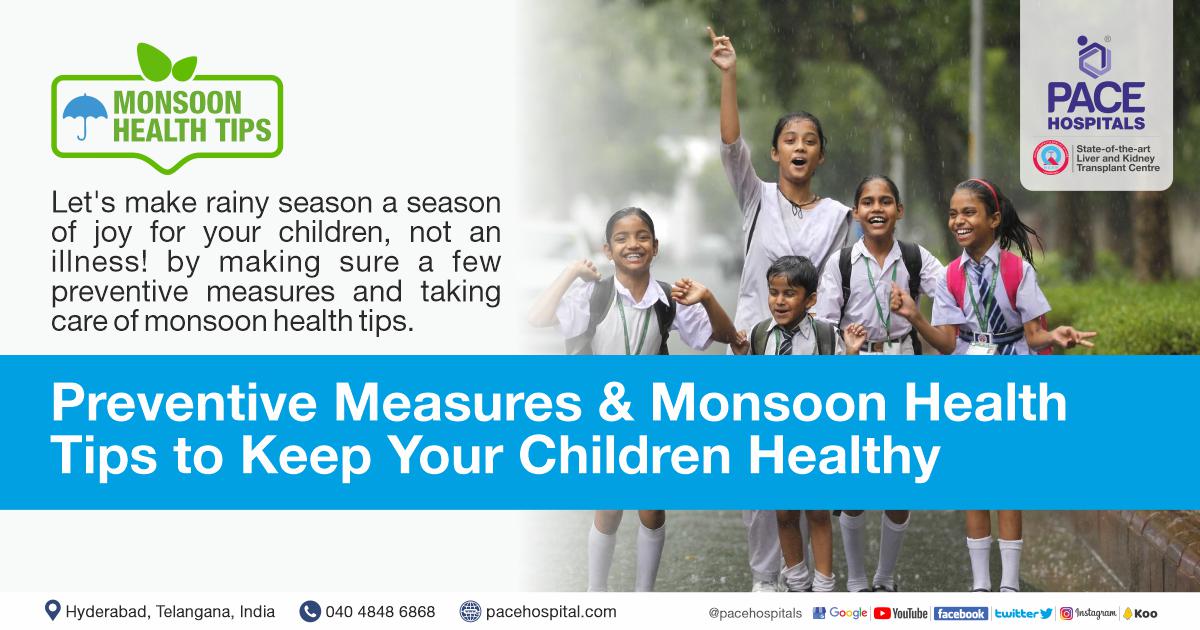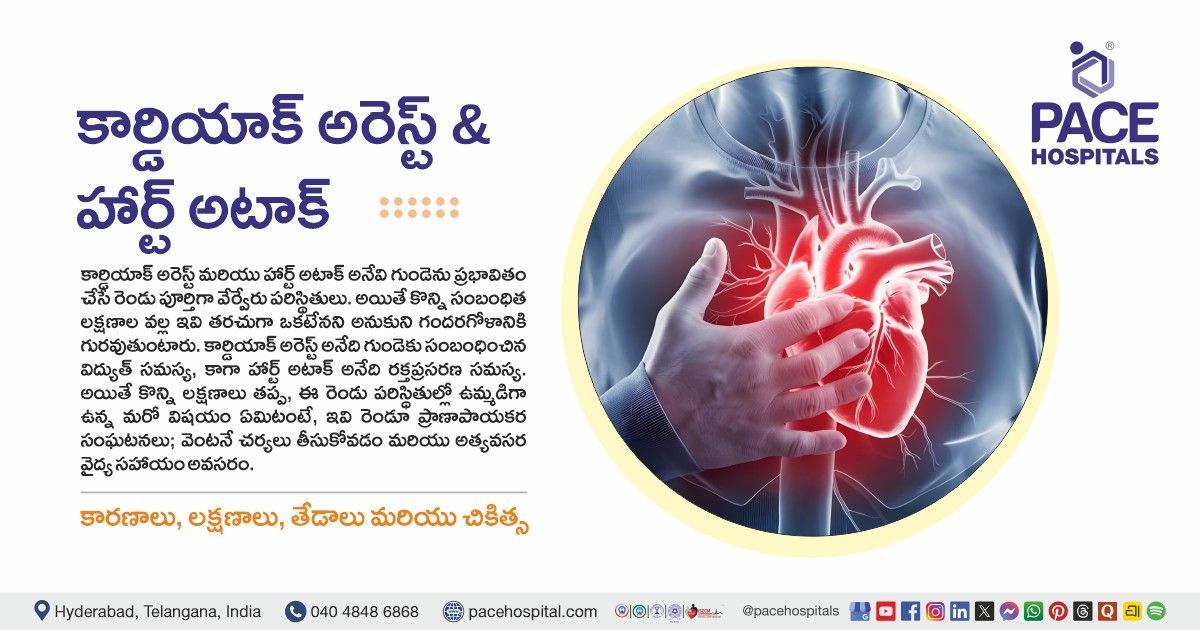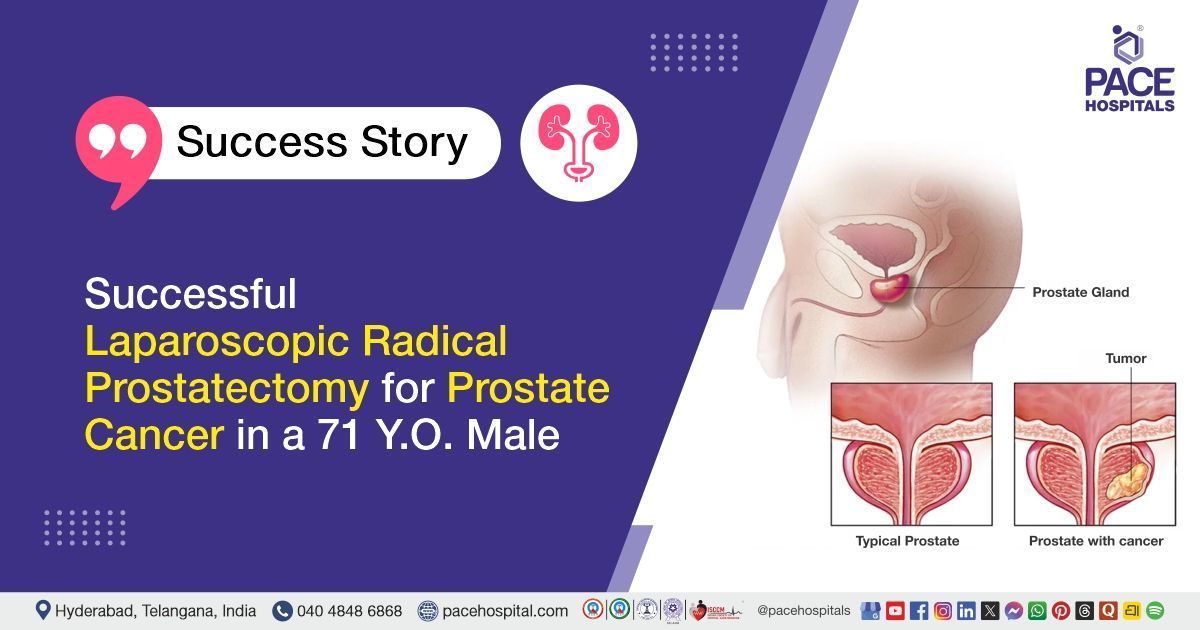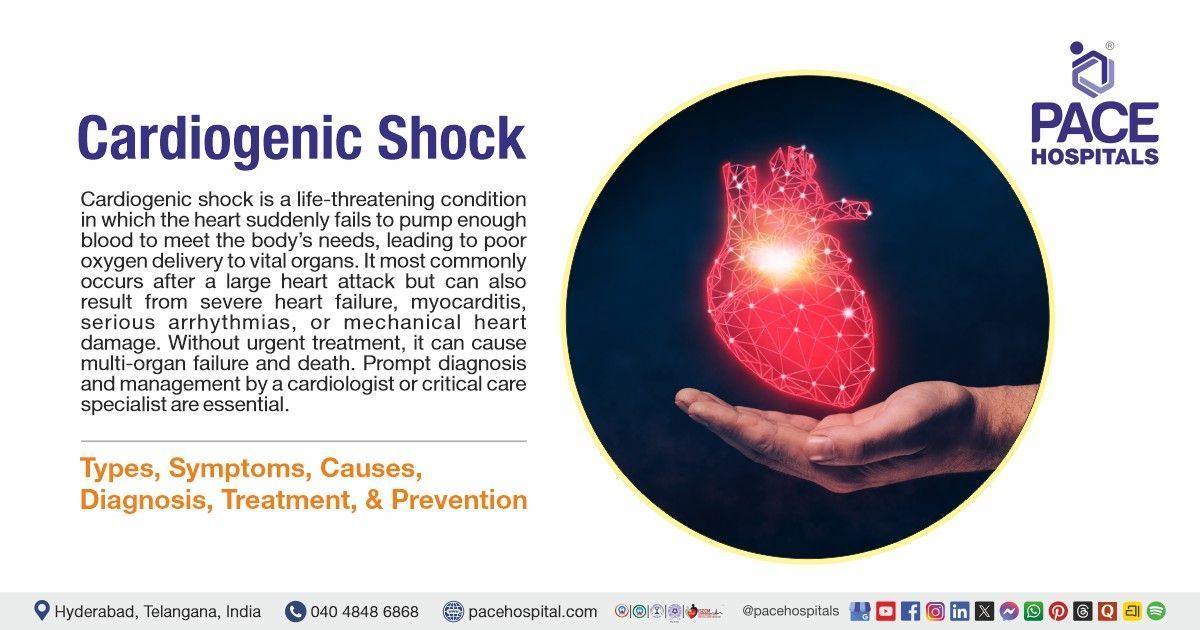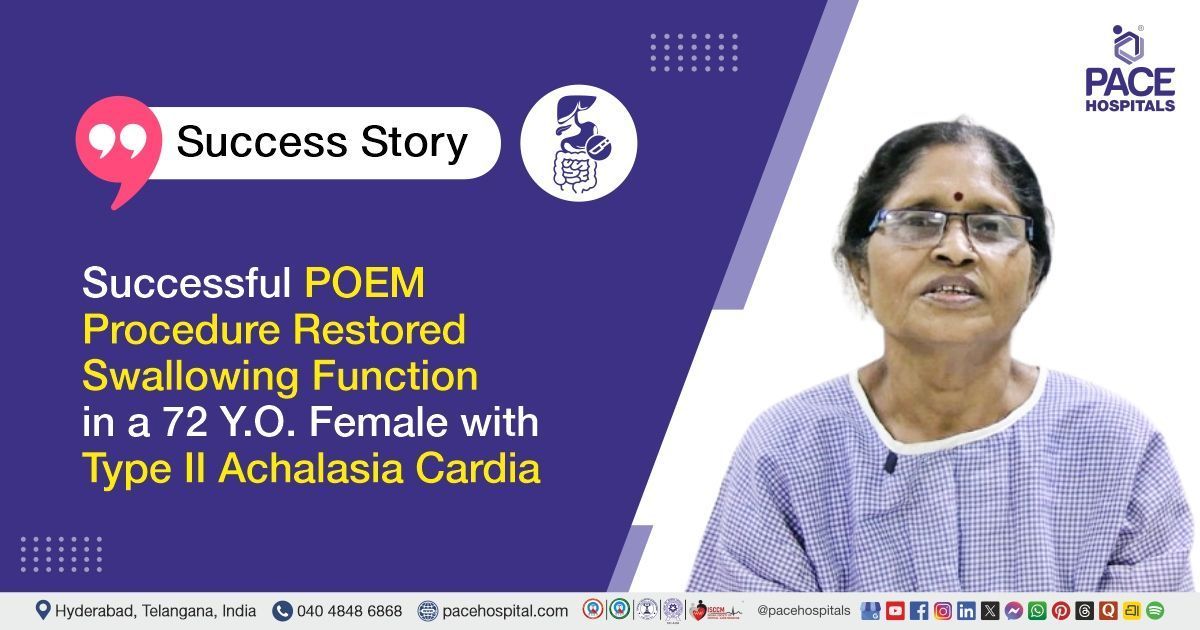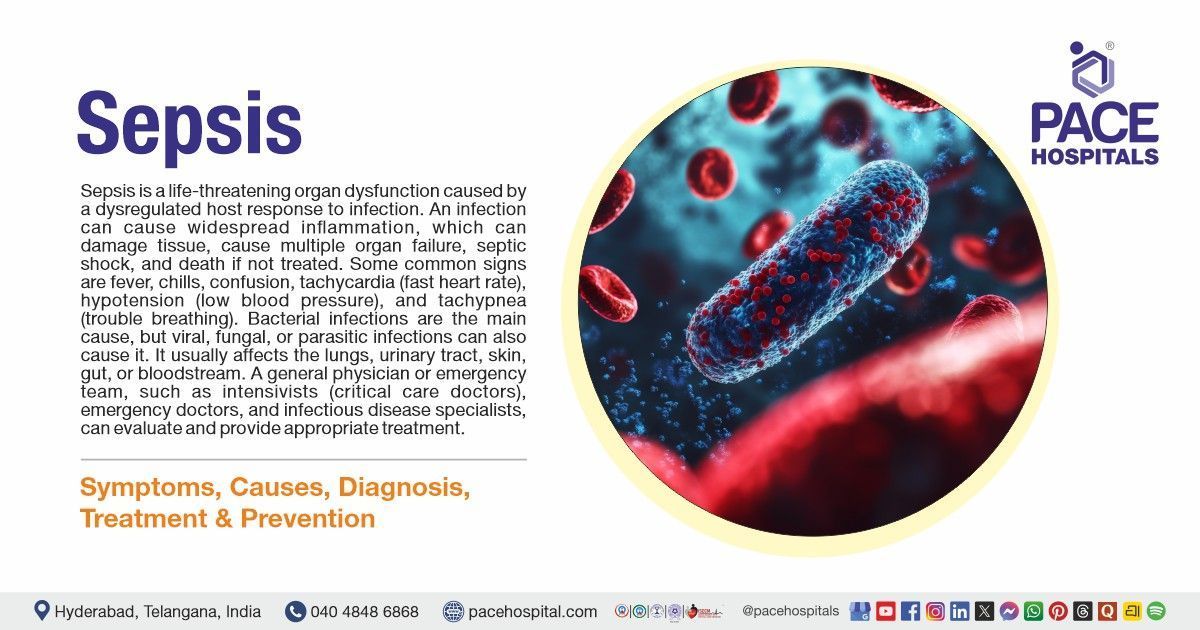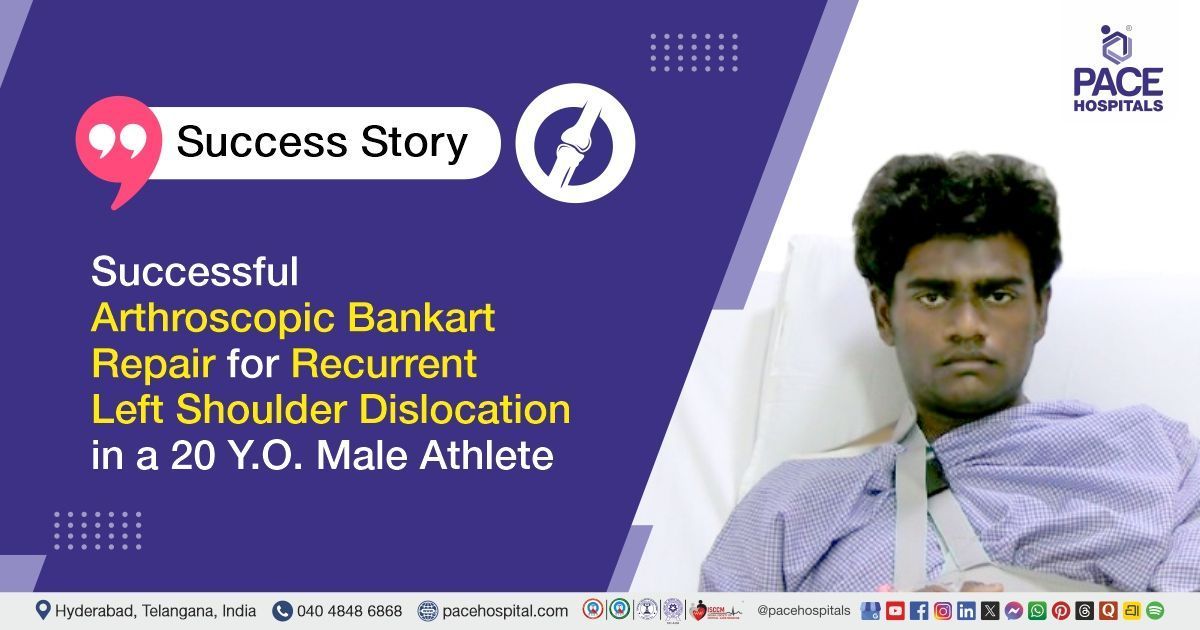Preventive Measures & Monsoon Health Tips to Keep Your Children Healthy
PACE Hospitals
Monsoon is the season when we all love to enjoy rainfall. After the hot and sultry summer, the rainy season is calming and pleasant. But no matter how enjoyable the rainy season is, it brings many diseases.
The rainy season is a time when many people suffer from various diseases. Children, in particular, have lower immunity than adults, making them more susceptible to infection. During the rainy season, parents are always concerned about protecting their children.
Some symptoms affecting children during the rainy season are fever, diarrhoea and typhoid. These symptoms may be due to viral and bacterial infections that are very frequent during the rainy season because of mosquito bites, infected food and water and an unsanitary environment.
Let's make this rainy season a season of joy for your children, not an illness! by making sure a few preventive measures and taking care of monsoon health tips.
Some precautions and monsoon health tips to keep your child away from monsoon illnesses.
A Healthy Diet and Proper Hydration
- The rainy season is a reason for several water-borne diseases, such as diarrhoea and typhoid fever. Therefore, you should always use filtered or boiling water.
- Food should always be covered and not exposed. Rinse fruits and vegetables thoroughly with salt or warm water to remove all bacteria. Eat only freshly prepared foods. During the rainy season, children should be given hot foods, healthy vegetable soups, and hot drinks such as hot milk to avoid all throat problems.
- Diets should contain all sorts of nutrients, vitamins and minerals, especially food rich in vitamin C, which should be adequate to boost immunity.
- It is recommended that children should consume probiotics such as yogurt, buttermilk, and homemade pickles. Probiotics are good for gut health, strengthen the digestive system and support nutrient absorption.
- Herbal tea made of herbs and spices like tulsi, cinnamon, ginger, etc., would be comforting during the rainy season. These herbal drinks are high in antioxidants, and their anti-bacterial and anti-inflammatory properties help boost immunity, keeps seasonal infections away and soothe digestion.
Keeping the House Clean and Dry
- Make sure the baby's room is clean and dry.
- To avoid the growth of germs and bacteria, you should regularly wipe the floor with baby-friendly disinfectants.
- Avoid stagnant water in houseplants as it becomes a favourable condition for mosquitoes to breed.
- Ensure the home drainage system is fully functional and properly sealed to reduce the chance of infection.
Taking care of Hygiene
Maintaining proper hygiene during monsoons is very important. You need to ensure that your child stays healthy throughout the season.
- When your child returns home, ask them to wash their hands properly with soap or hand wash.
- If the child gets wet in the rain, ask them to bathe with clean water and disinfectant soap.
- To prevent eye infections, children should avoid touching their eyes with dirty hands or after spending long periods front of electronic devices.
- Cut your child's nails short and keep them free from dirt.
Suitable Clothing & Wearable
- Slightly damp clothing can lead to fungal infections during this season. Choosing looser cotton clothing than synthetic or nylon fabrics will quickly absorb sweat and breathe into your skin.
- Children's socks, uniforms, raincoats and shoes should be kept clean and dry.
- Encourage your child to bring an umbrella or raincoat when moving.
- Don't let them wear wet socks or wet shoes.
Precautions against Mosquitoes
- Removing stagnant and polluted water around the house can prevent from Malaria, dengue fever and chikungunya in the rainy season.
- Always apply a mosquito repellent cream prescribed by your doctor.
- It is recommended that your child wear long sleeves and long pants when going out.
- Use mosquito nets.
Proper Vaccination
- Check your child's immunization schedule with your doctor and ask about the vaccines your child needs during monsoon to avoid Waterborne and related diseases.
- During the rainy season, flu, hepatitis, typhoid, malaria, dengue fever, and food poisoning increase, and children are more susceptible to infection during the monsoon, so parents should vaccinate their children before or during the rainy season to prevent any infections.
- While every threatening disease doesn't have a vaccine available, but there are vaccines available against flu, typhoid, hepatitis A, and Japanese Encephalitis. Parents should make sure their children get these vaccines to avoid any severe ailments.
Share on
Request an appointment
Fill in the appointment form or call us instantly to book a confirmed appointment with our super specialist at 04048486868

